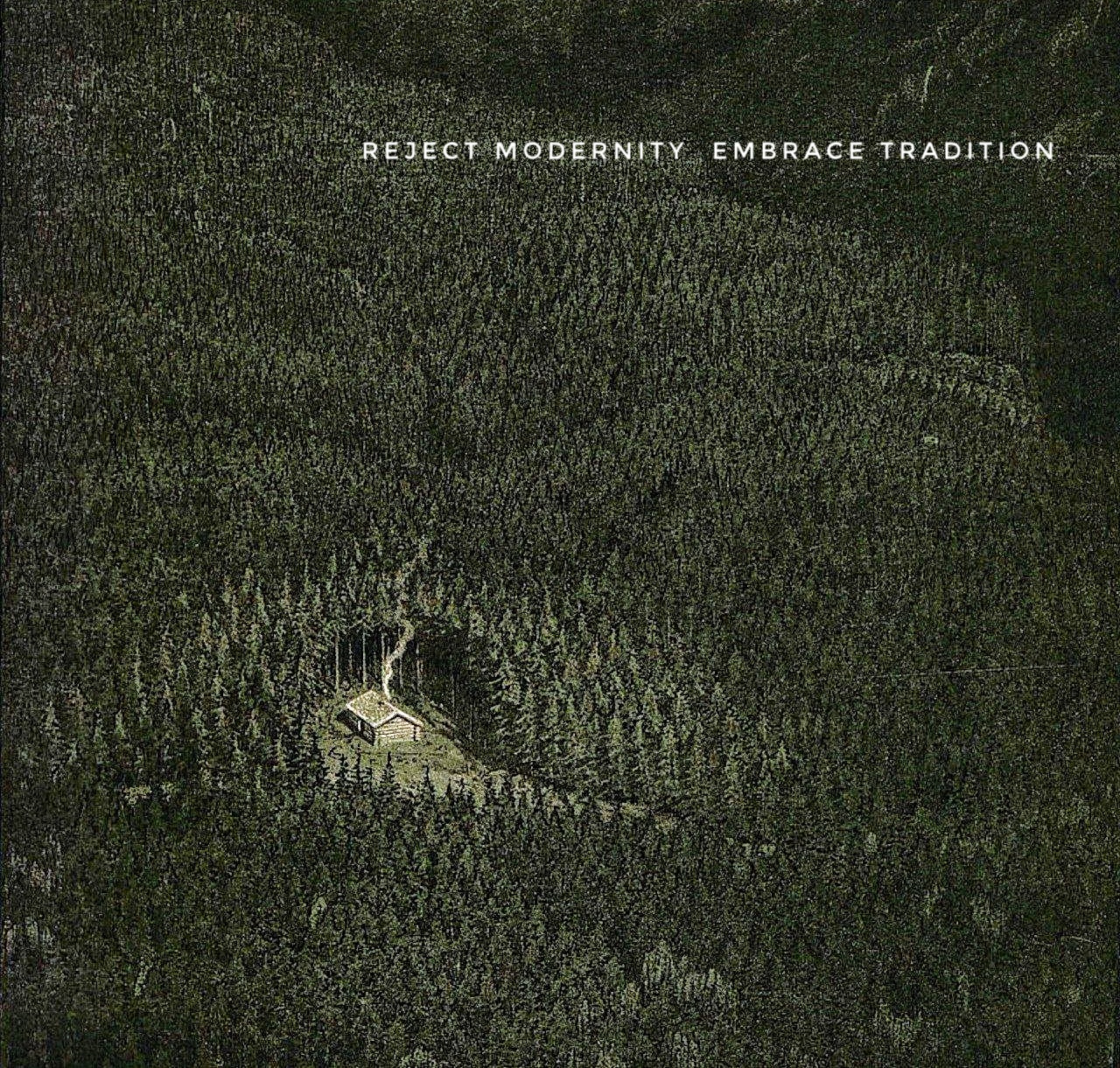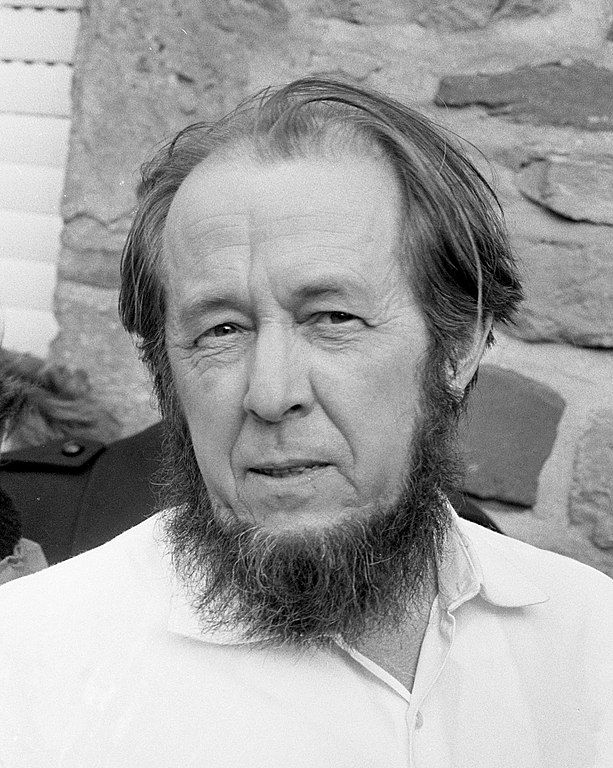Reject Modernity. Embrace Tradition.
Rejecting Modernity, Reclaiming Humanity: The Case for Tradition in a Fractured Age
Modernity, with its glittering promises of convenience and progress has reshaped the world but at what cost? The 21st century’s breakneck pace, digital alienation and erosion of communal bonds reveal a profound paradox: the more “advanced” we become the more disconnected we feel from meaning, belonging and even our own humanity. History however offers a roadmap back to wholeness. By embracing tradition not as nostalgia but as a conscious choice we can reclaim the wisdom that modernity discards, forging a future where progress serves humanity rather than subjugating it.
The Industrial Revolution: A Cautionary Tale of Disconnection
The Industrial Revolution often hailed as modernity’s birthplace, illustrates tradition’s rupture. Prior to the 18th century, 80% of Europe’s workforce lived in agrarian communities, governed by seasonal rhythms and intergenerational knowledge. The rise of factories severed this bond, displacing artisans and farmers into crowded cities where they became cogs in machines. The Luddite uprisings of 1811–1816 often misremembered as mere anti-technology riots were in fact protests against the dehumanizing loss of craft autonomy and communal dignity. Workers understood what modernity obscured: efficiency without purpose breeds alienation.
The Arts and Crafts Movement: Tradition as Resistance
By the late 19th century, visionaries like William Morris recognized modernity’s spiritual toll. Morris, founder of the Arts and Crafts Movement, revived medieval guild principles, arguing that mass production stripped labor of its soul. “Have nothing in your houses that you do not know to be useful or believe to be beautiful” he declared, championing craftsmanship that merged aesthetics with ethics. This movement, though short-lived underscored a timeless truth: tradition fosters pride in work and connects creators to their communities… a stark contrast to today’s gig economy, where 76% of workers feel disposable.
Indigenous Wisdom: The Science of Sustainability
Modernity’s ecological reckoning further vindicates tradition. Indigenous practices, refined over millennia, offer models for sustainable living. The Amazon’s Kayapo people for instance, practice “fire-free farming” using controlled burns and crop rotation to maintain soil fertility, a system that has preserved biodiversity for centuries. Meanwhile, industrial agriculture reliant on synthetic fertilizers has degraded 40% of global farmland. Similarly the Tsimane people of Bolivia whose diet and active lifestyles mirror ancestral norms, exhibit cardiovascular health 80% better than Western populations.
Bhutan’s Gross National Happiness: Tradition as Policy
Some nations now integrate tradition into modernity intentionally. Bhutan, governed by the Buddhist principle of “Gross National Happiness,” prioritizes cultural preservation and environmental stewardship over GDP. Despite embracing limited technology, it mandates 60% forest cover and celebrates festivals rooted in 8th-century traditions. The result? Bhutan ranks among the world’s happiest nations, with suicide rates 50% lower than global averages. This proves tradition need not reject innovation but can temper it, ensuring progress aligns with human flourishing.
Conclusion: Tradition as the Foundation for Progress
Critics dismiss tradition as regressive, yet history reveals it as civilization’s anchor. The Renaissance often mischaracterized as a clean break from the past was in fact a revival of classical knowledge fused with medieval scholarship. Likewise, today’s challenges, mental health crises and social fragmentation demand solutions grounded in enduring wisdom. Tradition teaches us that technology should enhance life, not replace it, that community is not a luxury but a lifeline and that progress devoid of reverence becomes self-destruction. To reject modernity’s excesses is not to flee the future but to build one worth inheriting… a future where the old and new converge in service of what it truly means to be human.


